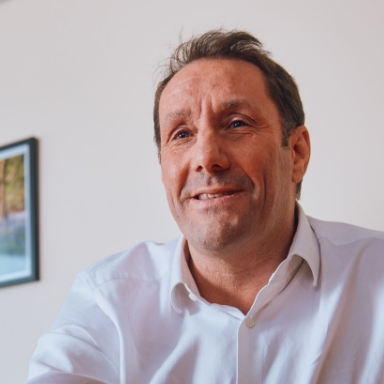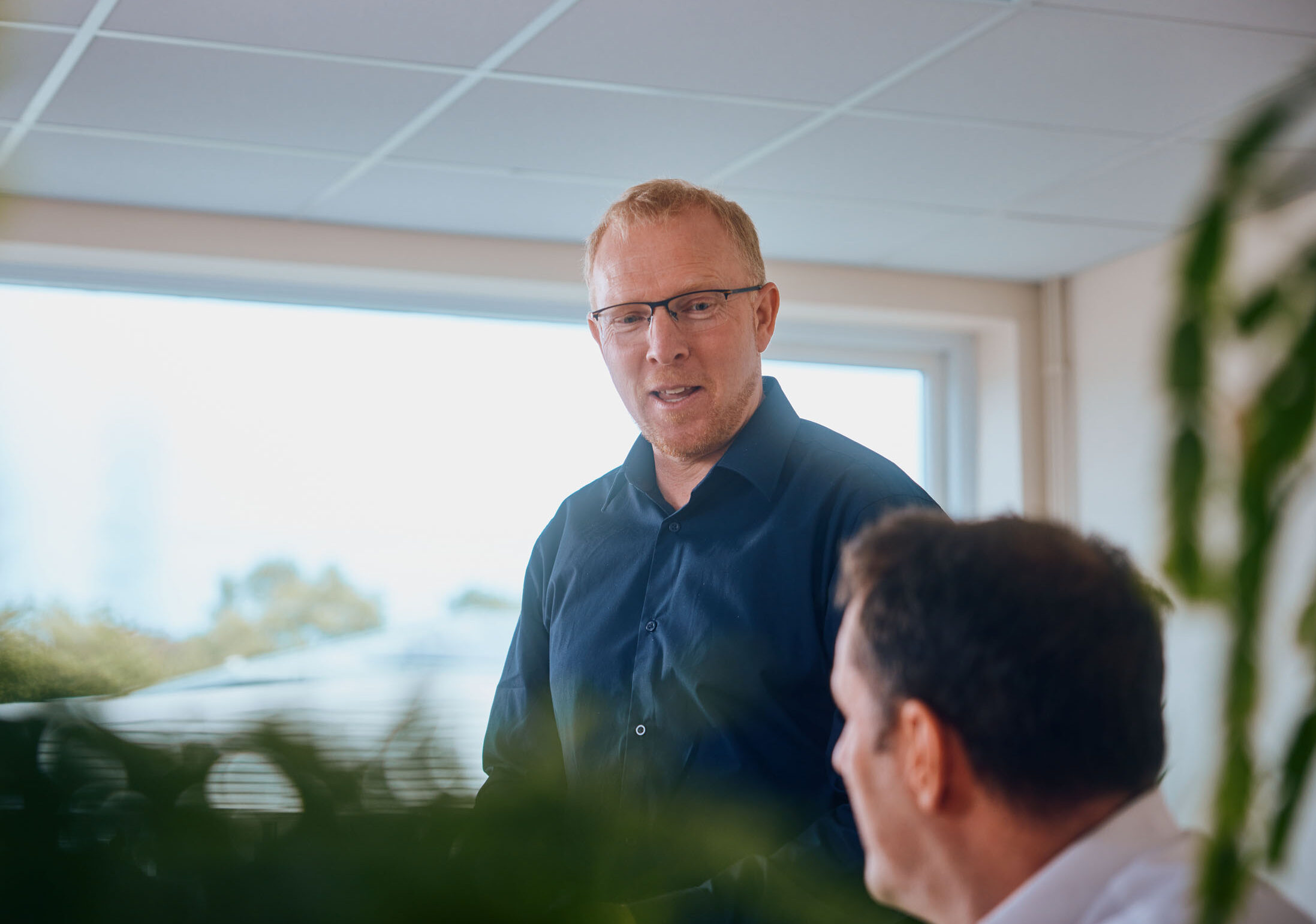
The phrase ‘ESG’ has become a real ‘buzzword’ in business these days. Basically, the ‘E’ is looking at how companies are managing and responding to Environmental issues such as climate change and the water crisis. The ‘G’ looks at Governance – whether companies are managed well and how they address issues like risk and audit. The ‘S’ stands for Society and here we’ll take a look at how ethical investment is helping to tackle some of the big issues facing our society in these times.
THIS ARTICLE WAS FIRST PUBLISHED TO INVESTING ETHICALLY CLIENTS IN MARCH 2023
Avoiding the negatives
The range of social issues considered by ethical funds is broad, and fund managers use a variety of approaches. The process starts when identifying potential companies to invest in and – at the simplest level – involves excluding companies involved in activities deemed harmful to society. Different funds set different criteria and thresholds – but common examples of such social ‘screens’ include excluding:
- companies involved in alcohol production or gambling operations – or only considering those that have responsible policies and practices around advertising, consumption, and sales.
- companies that manufacture or sell tobacco – due to the societal impacts on health and of treatment costs.
- companies involved in high-interest lending, such as pay-day loans – due to the fundamentally exploitative nature of such ‘sub-prime credit’.
- companies where there are concerns about Labour Standards. These issues can vary by company, by sector, and by country – and ethical funds will be looking at concerns such as equal opportunities, health and safety, and union rights.
- companies where there are concerns on Human Rights – again a broad area – with issues including modern slavery, indigenous peoples’ rights, and business operations in Oppressive Regimes.
Targeting the positives
Further to screening-out companies causing harm to society, fund managers can also look to invest in businesses making a positive impact on people and communities.
As an example, Health is a big theme for many ethical funds – incorporating issues such as equitable access to healthcare, nutrition, healthy lifestyles, and safety. For instance:
Stewart Investors Sustainability funds include holdings in Pigeon, a Japanese company providing a range of products to enable, support and promote breastfeeding. One in 7 babies are born underweight, and two of Pigeon’s core Asian markets (China & India) account for 70% of total global births. Some products improve mothers’ options to pursue different choices in their own lives, such as returning to work. Pigeon is also supporting the opening of innovative Human Milk Banks in Japan and China, which pasteurise donated breast milk for premature babies unable to drink their own mother’s milk.

FP WHEB’s holdings include the Swiss company Sonova – that develops hearing aids and cochlear implants; and the US firm Steris – that provides hygiene and sterilisation services to hospitals, medical device manufacturers and the food safety market.
Janus Henderson’s holdings include the healthcare tech company Nanosonics (specialising in infection control including against resistant microbes); Shimadzu (developing instruments for medical screening and environmental testing); and the US firm ICON (managing human clinical trial process for new pharmaceuticals – such as enabling the rapid trialling of COVID-19 vaccines).
Stewart Investors also hold the Brazilian company Natura – which develops and distributes personal care and skincare products including sunscreen. The company has a living wage programme and employs a network of over 6 million people, mostly woman, running their own business to sell the products. The company’s range is often derived from natural ingredients, and it trades fairly with over 4000 small farmers, 80% in the Amazon. Stewarts report how – through such sourcing – Natura helps to preserve 1.8M hectares of rainforest, protecting biodiversity.
Engaging for change
Company engagement is another mechanism used in ethical investment to bring about positive changes on social issues. Ethical funds often seek to hold company shares for the medium-to-long term, building relationships, rather than acting as short-term traders. Social issues – such as health and safety and discrimination – represent significant financial, legal, and reputational risks to companies. Engagement is an important way for fund managers to assess these risks, to encourage change, and to improve quality and ‘shareholder value’. This works in a variety of ways including ongoing meetings, setting targets for improvement, filing resolutions, and voting at company meetings and – potentially – divesting from (selling) companies unresponsive to change.
As an example, Modern Slavery – a term which covers forced and child labour, forced marriage, and human trafficking – is an important area of engagement for many funds. EdenTree has worked with construction companies to better understand the issue – participating in the ‘‘Find it, Fix it, Prevent it’ initiative, encouraging companies to discover and remedy modern slavery in their supply chains. Liontrust has an engagement programme on ensuring worker well-being – including encouraging participation in the Workforce Disclosure Initiative (WDI) Survey. Similarly, Rathbones, Aviva Investors and Edentree have collaborated in the Votes Against Slavery (VAS) industry initiative, on adherence to reporting standards under the Modern Slavery Act.
Renewable energy projects – despite their positive environmental impact – can raise human rights challenges – such as putting pressure on local communities and indigenous populations for the land for onshore solar and wind projects. Recognising this, Edentree will be engaging with their renewable energy infrastructure holdings in 2023 to ensure they are managing such issues robustly. Edentree also plan to engage with their food and supermarket holdings on how they are tackling the health challenges of obesity.
WHEB’s policies provide an interesting example of how ethical funds put pressure on companies’ behaviors by voting at shareholder meetings. Where a company has inadequate gender diversity on the board (<33%), or is failing to develop its organisational diversity strategy, WHEB will vote against the Chair of the Nomination Committee. Or, where a company is failing to uphold union rights – freedom of association and collective bargaining – WHEB will vote against the re-election of the Chair of the Board.
Diversity, Equality, and Inclusion (DEI) is a key engagement themes for Janus Henderson. In 2021 over 40% of their engagement related to social issues, including engaging with Microsoft on improving its reporting of gender and racial pay-gaps, and with adidas on improving its range of products for women. Adidas has since developed new product lines such as menstruation proof sportswear. Janus Henderson also sees Adidas as a positive impact company on environmental grounds, making good progress on using recycled materials and driving the circular economy.

A lot of ethical funds use the United Nations Sustainable Development Goals (SDGs) as a framework against which to assess their impact. For example, the chart below shows Janus Henderson’s company engagement activities in 2021 mapped against the UN SDGs. Important social themes include Good Health, Decent Work, and Peace and Justice.

Like to know more?
From this brief look at the ‘Social’ in ESG we can see what a diverse area it is. Tackling issues such as workers’ rights is not only morally the right thing to do – but also helps companies to manage commercial risks and, ultimately, be more successful. Some business activities are detrimental to our communities, whereas others – such as health and worker safety – represent opportunities for developing new products and services. Company engagement is about motivating companies to improve their policies and practices and – though it can be hard to prove specifics – is all part of a journey of positive change. As ethical investors it is encouraging to be part of this process.
If you’d like to know about how your investments could help tackle ethical issues, and how our Chartered Financial Planners can assist you, please get in touch.
This article is for information purposes only. None of the content should be considered a personal recommendation to invest in any of the companies or funds listed. You should seek personal financial advice before considering investments.
Our initial consultation is free of charge and without any obligation on either side
Financial planning can sometimes seem daunting. Whether you are new to the practice, or have some experience, it is important that you choose an adviser you can connect with.




